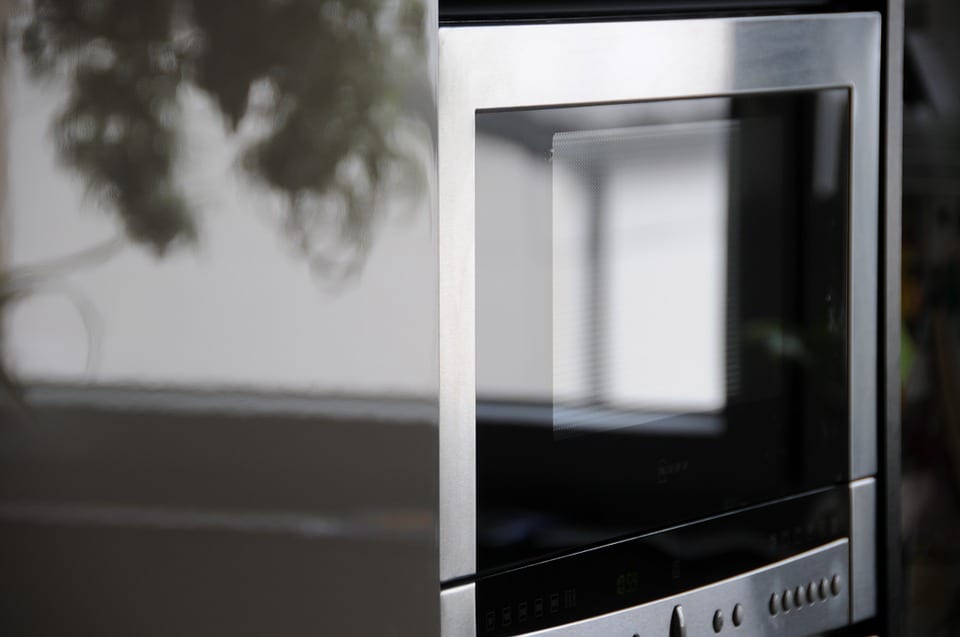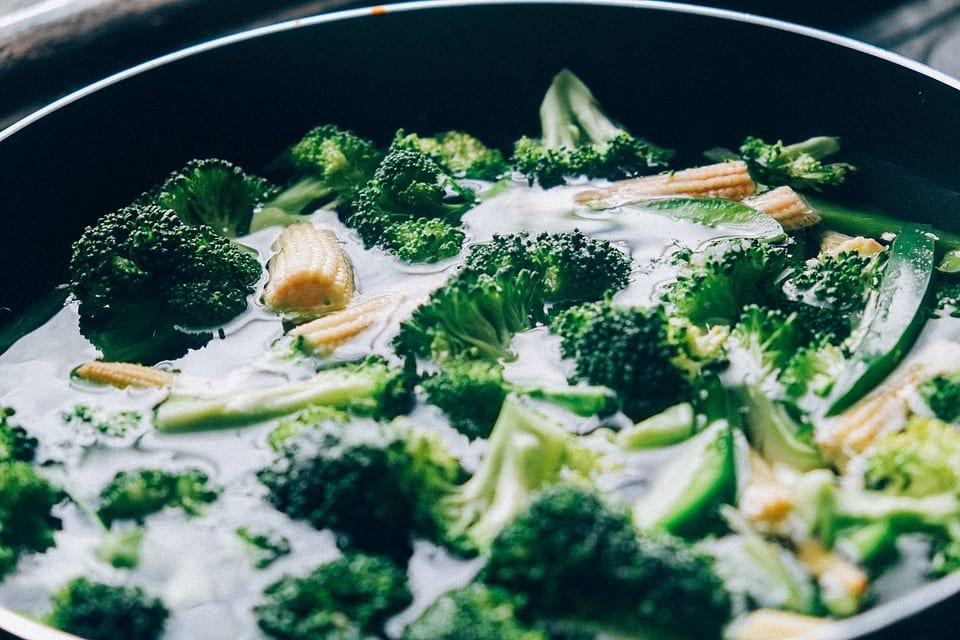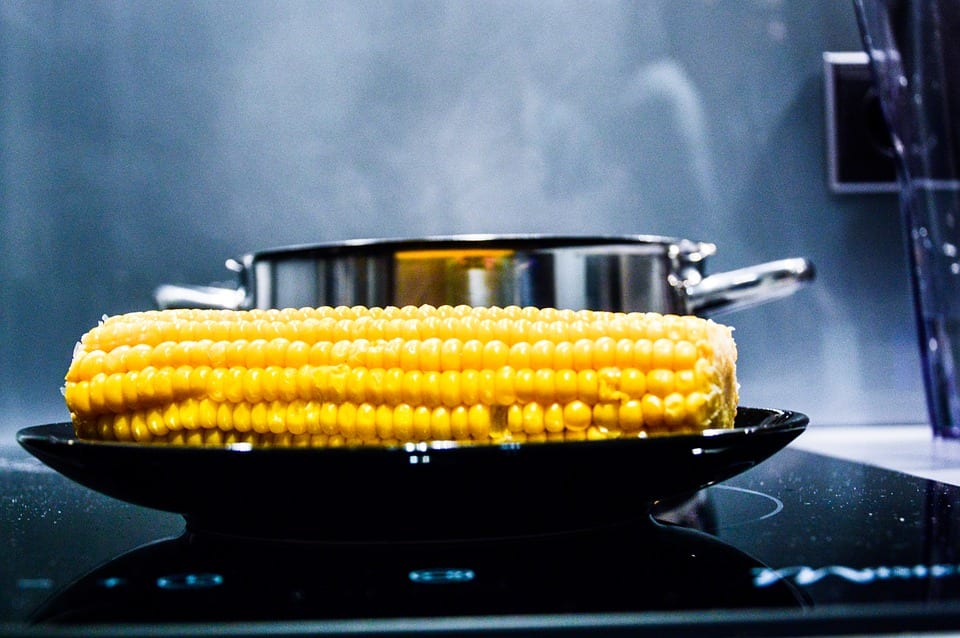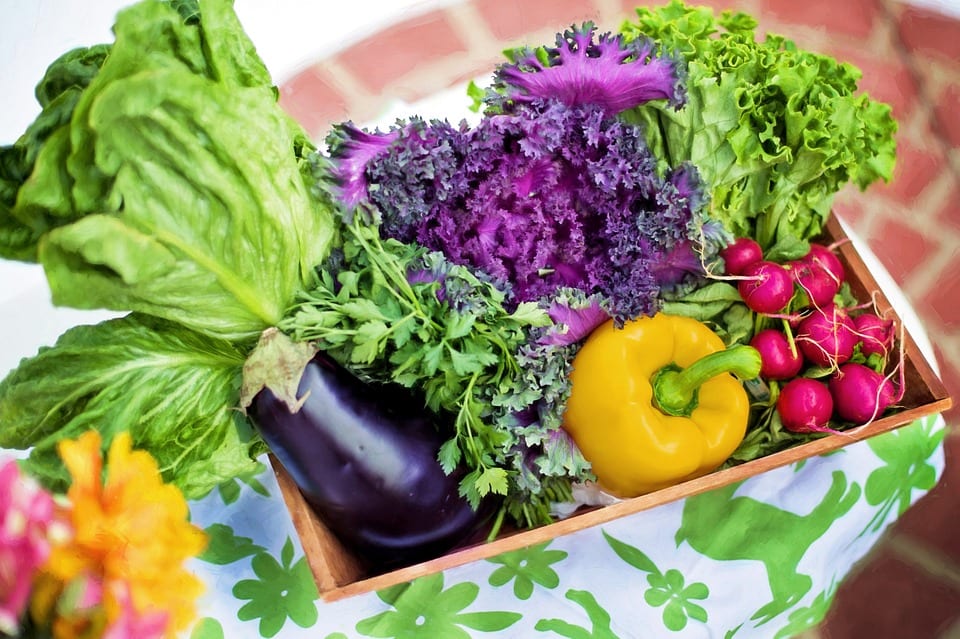In this day and age of rushing and business and general laziness (just me?) the microwave seems like a godsend. I mean, there are days when the couple of minutes it takes to heat something in the microwave seems like too long to wait – and forget about preheating the oven!
That said, if we’re taking the time to try to eat something healthy, like a vegetable, it would be a shame to find out that popping it in the microwave (in those handy little steamer bags!) would mean we’re missing out on the nutrients we’re trying to get int0 our bodies.

Photo Credit: Pixabay
So what’s the truth? Does microwaving our broccoli make it worthless?
Not necessarily, according to Professor Scott A. Rankin, chair of the Department of Food Science at the University of Wisconsin-Madison. He tells CNN that while any kind of cooking results in some nutrient loss, “typical microwave heating results in very minimal loss of valuable nutrients in food.”
There are a few factors to consider when trying to measure nutrient loss during cooking, like how long the food is being cooked, the temperature you’re using, and the amount of liquid used during the process. In general, longer cooking times, higher temperatures, and higher volumes of water result in more nutrient loss during cooking.

Photo Credit: Pixabay
Since microwave cooking generally requires no or little liquid compared to, say, boiling vegetables in water, that works in the technology’s favor. Microwaves also cook with more uniform temperatures, which means all of your food has a better chance of being cooked through without some of the pieces getting to a temperature high enough to leech nutrients. Add that to the relatively short cook times microwaves can achieve, and they actually might do a better job than most other methods in retaining the good stuff.
“The advantage of microwaving is that the come-up time is quick, and so it takes less time to reach a target temperature of food,” Rankin explains.
That said, microwaving is not the absolute best way to cook vegetables if your goal is to retain every last good-for-you nutrient packed inside – for that, you’ll want to steam them.

Photo Credit: Pixabay
Of course, you can use your microwave to steam your veggies, if you’ve got the right equipment.
“You can use a microwave steaming tray with water in the bottom, or simply add your vegetables and a small amount of water to a microwave-safe bowl (not plastic!) and cover with a microwave-safe lid or plastic wrap, leaving one corner open to allow air to escape,” registered dietician Whitney Linsenmeyer tells CNN.
Basically, even if microwaves aren’t the best at helping foods retain moisture, they are decent at helping them retain nutrients while cooking. Just remember to keep your cook times short, and only use as much water as you need.
The bottom line, as Linsenmeyer reiterates, is that you make an effort to get nutritious food into your body however you can.

Photo Credit: Pixabay
“We’re talking about fruits and vegetables – eat them any way you like them! Whether it’s microwaved, steamed, roasted, or raw … more is better.”
I’ll try to remember that the next time I’m staring down a bowl of peas.






